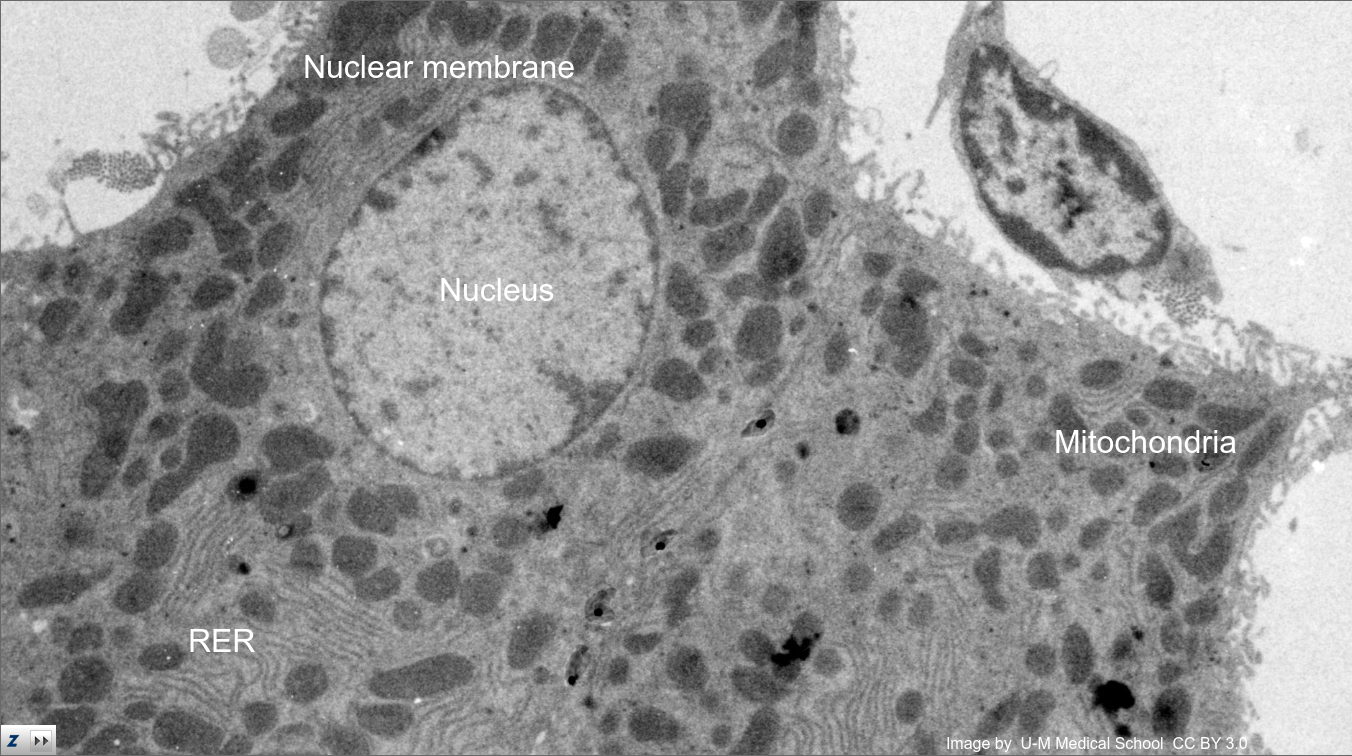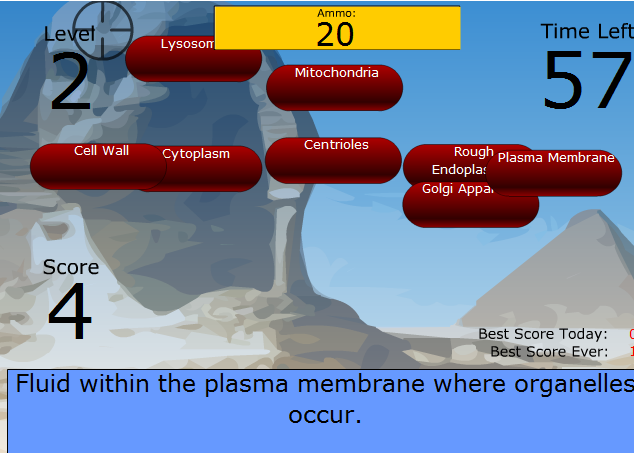Eukaryotic Cell Ultrastructure
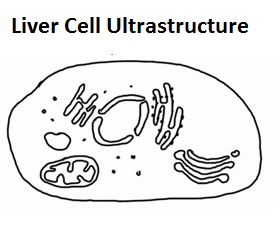 This activity contains range of resources to teach about the structure of eukaryotic cells. An introduction to cell ultrastructure including a student activity sheet with examiner's hints is followed by a short video explaining how to draw a eukaryotic cell diagram simply so that it doesn't take too long during the exam. Flashcards help students' learn the organelle labels, followed by some questions including a data based IB style question with answers.
This activity contains range of resources to teach about the structure of eukaryotic cells. An introduction to cell ultrastructure including a student activity sheet with examiner's hints is followed by a short video explaining how to draw a eukaryotic cell diagram simply so that it doesn't take too long during the exam. Flashcards help students' learn the organelle labels, followed by some questions including a data based IB style question with answers.
Lesson Description
Guiding Questions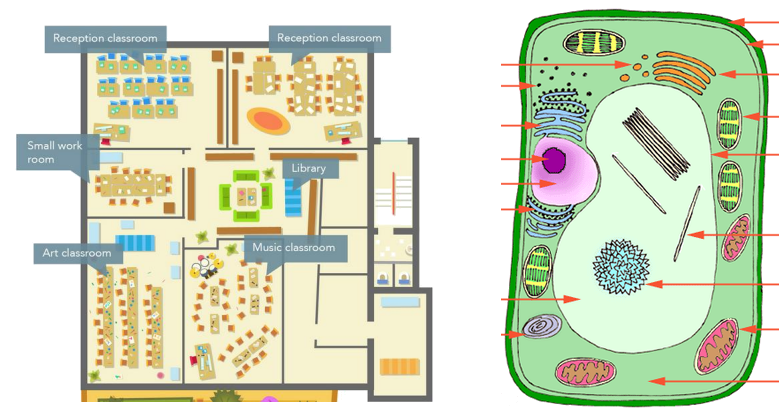
Imagine a cell to be like a school and the organelles are the classrooms.
Why is it an advantage to have all the Biology resources in the Biology lab?
Why is it an advantage to keep the enzymes for aerobic respiration in a mitochondrion?
Activity 1: What does a Eukaryote cell look like?
Open this TEM image of cells in the liver. from the University of Michigan Medical school
- Zoom in to increase the magnification from the original magnification of x2900.
- Drag the image to navigate to find a whole cell
- Can you identify the following organelles: (use a text book for help)
- Nucleus
- Nuclear membrane
- Mitochondria
- Rough endoplasmic reticulum
- Plasma membrane
Activity 2: Organelles and their functions
Matching pairs gam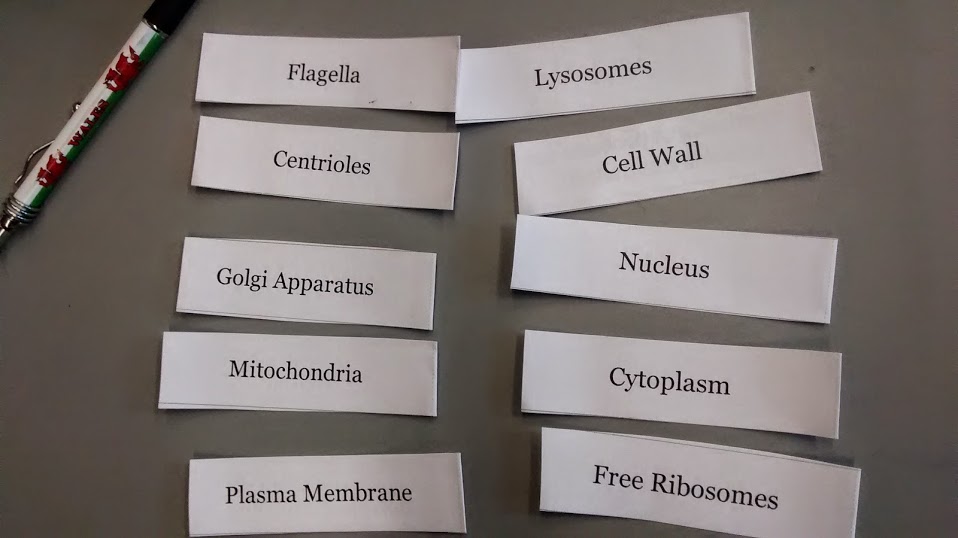 e
e
Print the ![]() Organelle flash cards Fold the page along the dotted line, glue together then cut the solid horizontal lines to make cards.
Organelle flash cards Fold the page along the dotted line, glue together then cut the solid horizontal lines to make cards.
- One student places the cards on the table with the organelle names showing.
- Their partner uses their set of flashcards to read out a function at random.
- The student chooses the best card for that function and checks their answer.
- If the answer is correct the two cards are placed together on the table
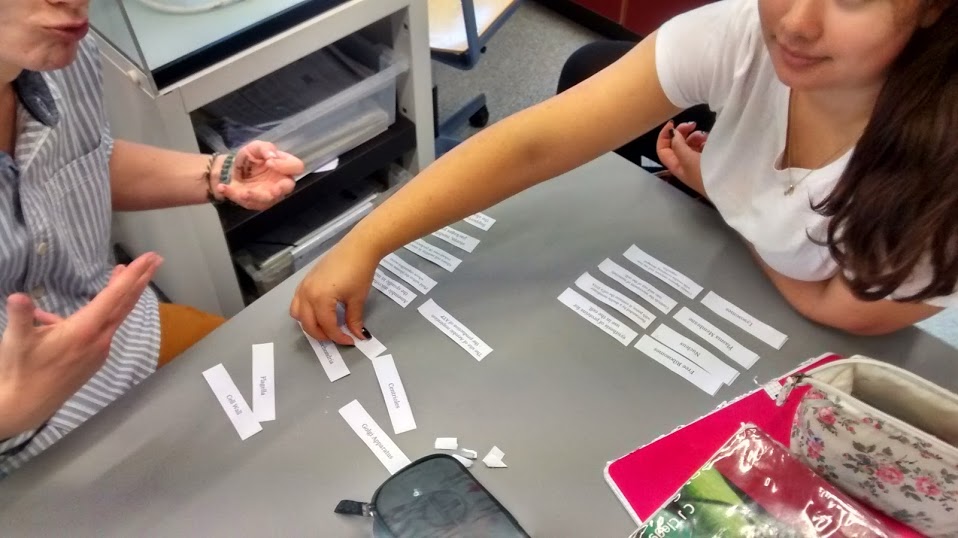 .
. - Gradually pairs of cards are collected.
After 5 minutes students swap roles and play again.
For further practice - the same sorts of games can be played with the online Quizlet flashcards. There are several study modes.
and then take the Quick test on organelles, or the Self-marking online test using the same questions.
Activity 3: Drawing the organelles
While watching this short video demonstration complete the ![]() diagram activity sheet shown below.
diagram activity sheet shown below.
Examiners hint; "Use bold clear lines, no shading and always label the structures."
Activity 4 - Test your knowledge
Test your understanding using these ![]() IB style questions on eukaryote organelles
IB style questions on eukaryote organelles
Extension activity
Teachers' notes
This page is part of a series of lesson resources for the diagrams of the IB syllabus.
The simple diagram is designed especially as one which is easy for students to replicate under exam conditions. A more detailed diagram link is always given to support understanding and raise awareness of the beauty and complexity of biological systems.
Some students can learn a diagram and it's labels easily, but many students need help to remember the precise shapes and sizes of the parts of each diagrams, and they need practice to get the labels correct and to understand the labels. The resources on this page aim to help teachers support these students.
There are many ways to use this page.
- Students can work independently or as a group.
- The resources can be projected in the classroom or studied on a computer.
- Worksheets allow you to print as much or as little as you wish.
- Differentiation is possible, as students could follow their own learning pathways to the IB style questions.
Activity 1 Extension ideas
Look at this ![]() Example of a great student project on eukaryote cells - could you do one like it?
Example of a great student project on eukaryote cells - could you do one like it?
Study the excellent interactive Diagram of a eukaryote cell and its organelles by the Human Protein Atlas.
There is a detailed video introduction to organelles which would be useful to watch.
![]() Screencast - Ways of using the Flashcards in a lesson (4 mins)
Screencast - Ways of using the Flashcards in a lesson (4 mins)
- Answers for Quick test (alternative link Quick test on organelles - model answers)
- Eukarotic cell IB style qns - model answers
A Suggested Lesson Plan.
Starter: 10 minutes
- Students complete the Diagram Activity worksheet while watching the Screencast as a whole class.
Main: 40 minutes
- Students study printed (or online) Flashcards to help memorizing of the labels
- Students take a Quick test - to see how well they understand the labels
- Students review the Screencast and attempt the diagram (with labels) from memory.
End: 10 minutes
- Plenary - students play the arcade game to further consolidate learning
- Differentiation - students who need additional time for main can continue independently.
Homework
Complete the IB style questions.

 IB Docs (2) Team
IB Docs (2) Team

